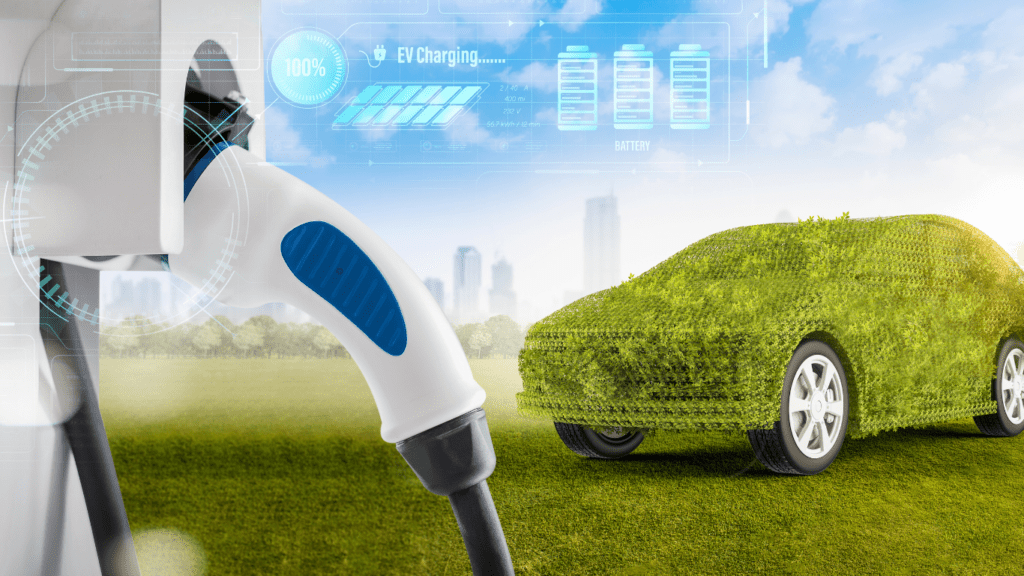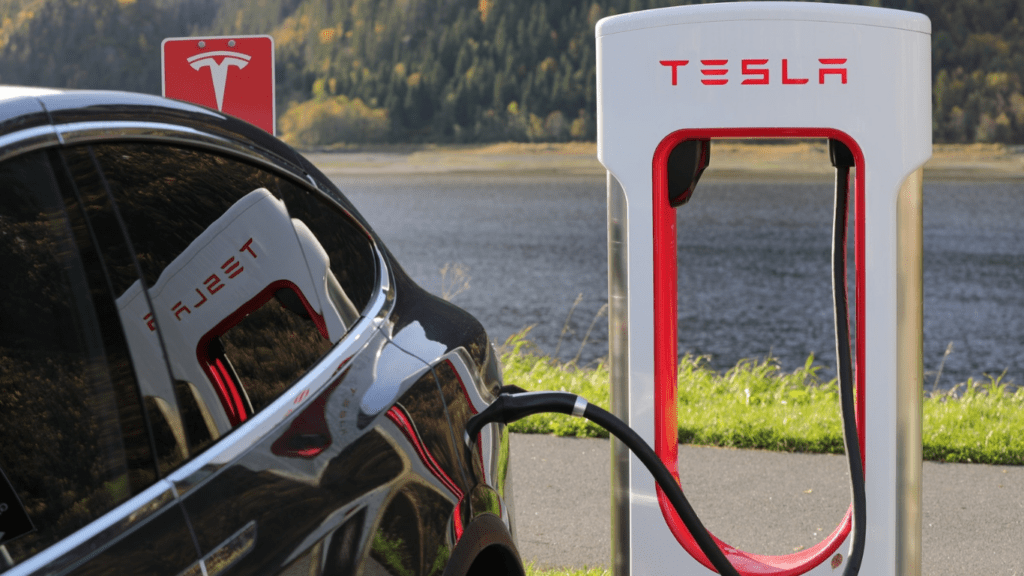Understanding The Current State Of Transportation
Transportation is undergoing significant change. Electric vehicles (EVs) are gaining popularity due to advancements in battery technology and a heightened focus on environmental sustainability. According to the International Energy Agency, over 10 million electric cars were on the world’s roads by the end of 2020.
Several factors contribute to the rise of EVs:
- Environmental Concerns: Increasing awareness of climate change and pollution has prompted many to choose zero-emission vehicles like EVs.
- Technological Advancements: Innovations in battery technology have improved EV range and performance, making them more feasible for everyday use.
- Government Policies: Many governments offer incentives such as tax rebates and grants for EV buyers and manufacturers. Countries like Norway and the Netherlands provide substantial benefits to encourage EV adoption.
- Infrastructure Development: Growing networks of charging stations make EV ownership more convenient.
Despite these advances, traditional internal combustion engine (ICE) vehicles still dominate global markets. In 2020, ICE vehicles accounted for about 86% of worldwide car sales, according to the International Council on Clean Transportation. Barriers to EV adoption include limited charging infrastructure in some regions and the higher upfront cost compared to ICE cars.
Autonomous vehicles (AVs) and ride-sharing platforms are also transforming transportation. AVs, which use artificial intelligence to navigate, promise to reduce accidents caused by human error. Major companies like Tesla and Waymo are at the forefront of AV development. Ride-sharing services such as Uber and Lyft provide convenient alternatives to car ownership, especially in urban areas.
Aviation is another sector experiencing innovation. Electric aircraft are being developed for short-haul flights, aiming to reduce the aviation industry’s carbon footprint. Companies like Eviation and Airbus are working on electric planes to transform regional air travel.
These technological advancements highlight a transportation industry in flux and set the stage for future developments that extend beyond EVs.
Rise Of Electric Cars
Electric cars (EVs) have been gaining popularity in recent years. Advances in battery technology, environmental concerns, and supportive policies have accelerated their adoption.
Benefits Of Electric Cars
Electric cars offer significant environmental benefits. They produce zero tailpipe emissions, reducing air pollution in urban areas. Lower operational costs, due to cheaper electricity compared to gasoline, further enhance their appeal. EVs have fewer moving parts, resulting in lower maintenance costs and extended vehicle lifespan.
Challenges Facing Electric Cars
Despite their advantages, electric cars face several challenges. Limited charging infrastructure poses a significant barrier to widespread adoption. High upfront costs, driven by battery expenses, also deter potential buyers. Additionally, range anxiety remains a concern, as drivers worry about the distance EVs can travel on a single charge.
Innovations In Transportation Technology

Innovations in transportation technology are shaping the future of mobility beyond electric cars. These advancements aim to improve convenience, efficiency, and sustainability.
Autonomous Vehicles
- Autonomous vehicles (AVs) represent a significant leap in transportation innovation.
- Companies like Tesla and Waymo are at the forefront, developing self-driving cars to enhance safety and reduce human error.
- By 2030, it’s expected that up to 15% of new cars sold could be fully autonomous, according to Statista.
- AVs use advanced sensors and algorithms to navigate, making real-time decisions. These vehicles promise fewer accidents and optimized traffic flow, addressing urban congestion issues.
- Ride-sharing platforms like Uber and Lyft are integrating AVs into their fleets to offer on-demand, driverless rides.
Hyperloop Systems
Hyperloop systems present a futuristic solution for long-distance transportation. Pioneered by companies like Virgin Hyperloop and SpaceX, these systems aim to transport passengers in pods through low-pressure tubes at speeds exceeding 600 mph (965 km/h). Hyperloops intend to cut travel times between cities drastically, promoting regional connectivity. They operate on magnetic levitation and electric propulsion, resulting in a quieter, more energy-efficient travel option compared to traditional rail or air travel. Although still in the experimental phase, successful tests and planned projects in regions like the United States and the Middle East indicate a promising future.
These technologies exemplify the ongoing transformation in the transportation sector, building upon the foundation of electric vehicles to create a more connected and efficient transportation network.
Environmental Impact And Sustainability
The rise of electric vehicles (EVs) significantly impacts environmental sustainability.
Reducing Carbon Footprint
Electric vehicles emit no tailpipe pollutants, cutting urban air pollution. According to the International Energy Agency (IEA), EVs emitted around 50% less CO2 compared to internal combustion engine (ICE) vehicles in 2020. These reductions come from both improved efficiency and the use of cleaner electricity. Tesla, for instance, estimates that its fleet has saved over 4 million metric tons of CO2. Renewable energy sources further enhance this impact when used for charging.
Renewable Energy Integration
Integrating renewable energy into EV charging infrastructure is vital. Solar, wind, and hydroelectricity provide clean power for charging stations, reducing reliance on fossil fuels. For example, Envision Solar deploys solar-powered charging stations, ensuring zero carbon emissions during charging. Governments and companies invest in smart grids and energy storage solutions to balance the supply and demand for renewable energy. These initiatives support a sustainable future by aligning EV charging with green energy sources.
Economic Implications
The shift towards electric vehicles (EVs) holds significant economic implications. It’s important to look at market trends and government policies to understand the impact fully.
Market Trends
EV sales have seen a substantial increase in recent years. In 2020, global EV sales surpassed 3 million units, a 43% rise from 2019. This growth has been driven by rising fuel costs and the decreasing cost of lithium-ion batteries. Reports from BloombergNEF project that by 2030, EVs could account for 28% of new car sales globally. Companies like Tesla, Nissan, Chevrolet, and new entrants such as Rivian and Lucid Motors are leading this surge. Increased consumer interest and advancements in battery technology play critical roles.
However, the market is highly competitive. Traditional automakers like Ford and General Motors are investing heavily in EVs, committing billions to bolster their electric portfolios. The automotive industry is going through a transformative phase, with mergers and acquisitions becoming commonplace to leverage technology and infrastructure. This shift is also affecting related sectors like battery manufacturing, which has seen massive investments and expansions to meet growing demand.


 Patience Degarmonic was instrumental in building the community and health sections of News Flip Network, bringing a fresh perspective to the platform. Her focus on wellness content, along with her efforts in curating relevant and insightful articles, added depth to the site’s offerings. Degarmonic’s contributions ensured that readers not only stay informed about current events but also gain valuable tips for leading balanced and healthy lives.
Patience Degarmonic was instrumental in building the community and health sections of News Flip Network, bringing a fresh perspective to the platform. Her focus on wellness content, along with her efforts in curating relevant and insightful articles, added depth to the site’s offerings. Degarmonic’s contributions ensured that readers not only stay informed about current events but also gain valuable tips for leading balanced and healthy lives.